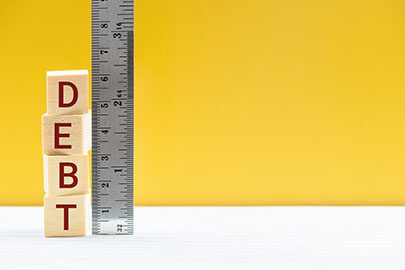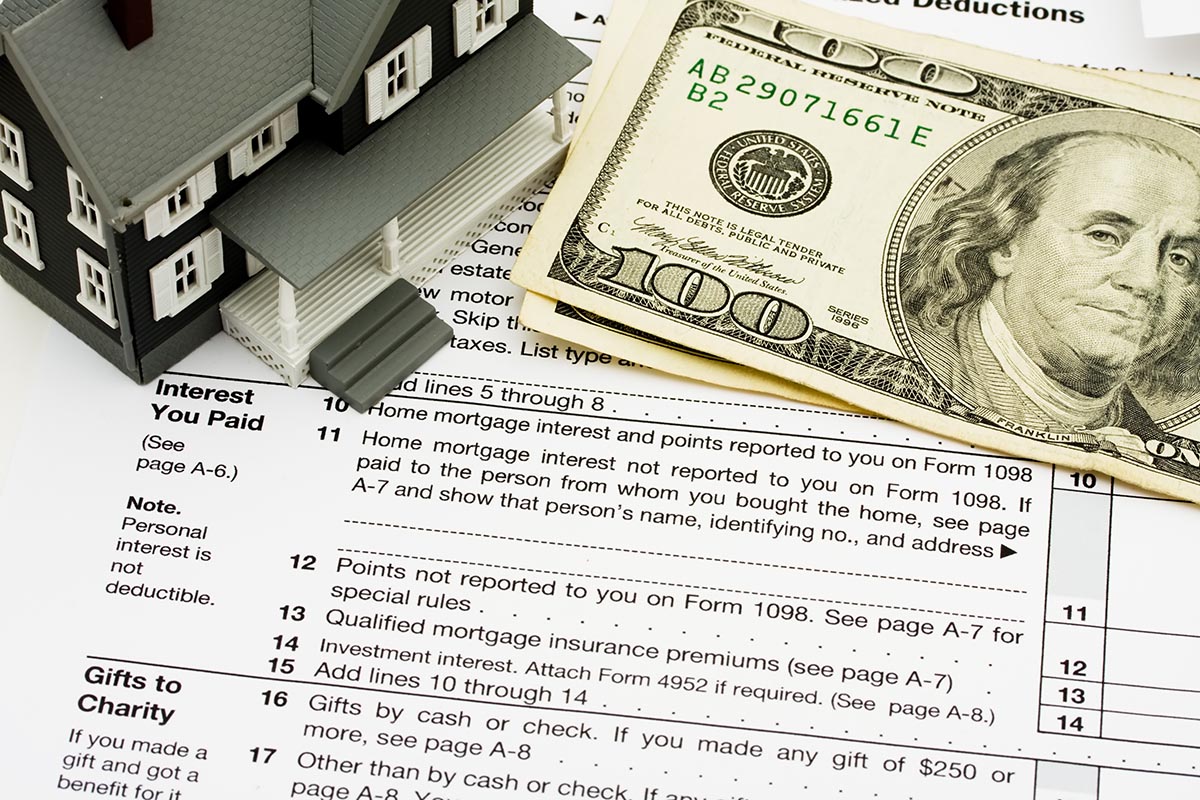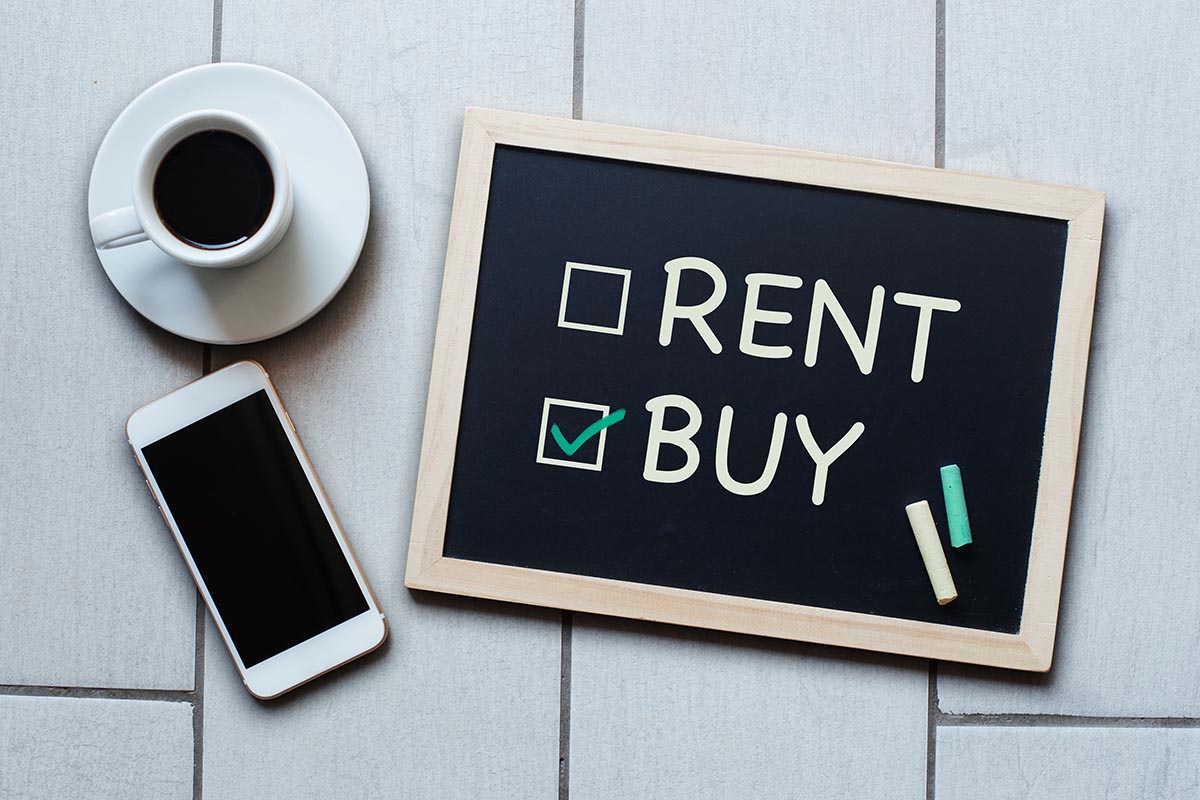Home | Learn | Mortgage 101
What is an Escrow Account?
Jason Kauffman | September 28, 2022
Most homeowners that purchase or refinance a home will see a closing cost expense that details the funds needed to fund their escrow account. We hear questions all the time from borrowers wondering what this is and why they have to put money into it at closing.
An escrow account is a component of a mortgage that holds funds that allow the loan servicing company to pay out various property related expenses over the life of a given loan. The common items that are collected into an escrow account are listed below:
- Homeowner’s Insurance
- Property Taxes
- Flood Insurance (if required)
- Mortgage Insurance
The reason lenders prefer (and in some cases require) an escrow account is because making sure that the costs above get paid protects their interest in the home as an asset. If homeowner’s insurance on a particular home were not paid and the property burned down, the lender (and borrower) would be in a position where the asset they lent against no longer exists aside from the land the home was built upon, but the debt would still exist.
Am I required to have an escrow account?
In some cases you are required to have an escrow account. FHA, VA (with exceptions) and USDA loans require an escrow account. Conventional loans allow you to “waive” your escrow account as long as certain loan to value factors are met. Generally, 80% loan to value (or 20% down payment) allows you to waive the escrow account. There are however state laws and lender rules that can supersede the common rule of 80% loan to value.
Why do I have to pay to waive my escrow account?
Most lenders charge a fee to waive escrows. This fee is usually around .125% of the loan amount. The reason a fee is charged is because lenders see a borrower managing the timely payment of their property taxes and homeowner’s insurance premiums as a risk.
Why would I want to manage my own escrow account?
The homeowners that choose to manage their own escrow accounts have many different reasons why they choose to do so. The most common reason we come across is homeowners wanting the control and flexibility of paying these items when they come due. Some others want to earn interest on the money that is going into their escrow account by paying these items when they come due. Make no mistake, it is work to remember to make the payment of taxes and insurance on time.
The pro of waiving your escrow account is that you are not forced to pay into the escrow account on a monthly basis and you save money by not having to fund your escrow account at closing. You are in charge of paying your property taxes and homeowner’s insurance premiums as they come due.
The con is that you have to be disciplined to save the money needed so that you are prepared to pay these items when they come due. Not paying your property taxes and insurance can have dire consequences if you plan poorly.
Ultimately it is up to you as the borrower what your preference is.
I already closed on my loan. Can I waive my escrows now?
Usually after closing on a home, lenders will allow you to request removal of your escrow account in writing. There are caveats that need to be met, but as long as your loan to value is acceptable and you’ve been on time with your payments, they will waive the account and refund the balance to you.
I just received a notice that I have an escrow shortage. What do I do?
An escrow account is built upon the expected taxes and homeowner’s insurance premium. Often these amounts are based on prior years tax and insurance bills. When an escrow account is built at the closing for your loan it is built with a 2-3 month cushion that is intended to absorb increases to your taxes and insurance. This cushion is required, but it often isn’t enough when taxes or homeowner’s insurance premiums increase.
When there isn’t enough money in an escrow account to pay the property taxes or homeowner’s insurance due, the lender will pay the bill (even if there isn’t enough money in the escrow account). They then send an escrow shortage notice to the homeowner and give a couple options to correct the shortage:
- Stretch the shortage amount over the subsequent 12 month period (this is the default solution provided by most lenders)
- Pay the shortage in full
Keep in mind that even if you pay the shortage in full your payment is still likely to go up since the increase to your taxes or insurance will result in an increase to your monthly escrow no matter what. If you stretch the payment of the shortage out over 12 months your payment will go up in order to cover the shortage AND it will go up due to the taxes and/or insurance increase.
Escrow accounts are a fact of life for most homeowners. The management of property taxes and insurance payments are often better left to the loan servicing companies. As a homeowner, knowing that making your monthly payment includes the taxes and insurance saves you from a surprise when these items come due. Knowing all of your options will prepare you to make an educated decision when the time comes.
Get the pre-approval process started today!

Jason Kauffman
Jason Kauffman is one of the owners of Uptown Mortgage and a licensed mortgage originator. He is a veteran in the mortgage industry with over 20 years of experience helping people get financing on their homes. The same experience that he brings to his clients is what he brings to the mortgage content that he produces. His goal is to help educate current and prospective homeowners on subjects that are relevant to the homebuying process.
NMLS # 199088





